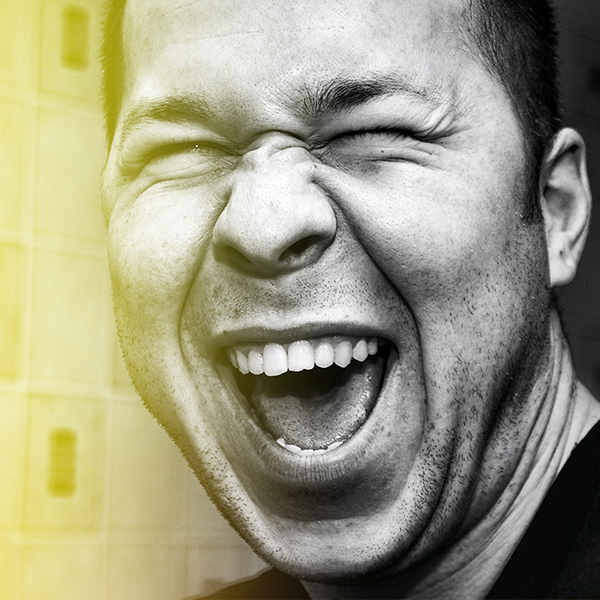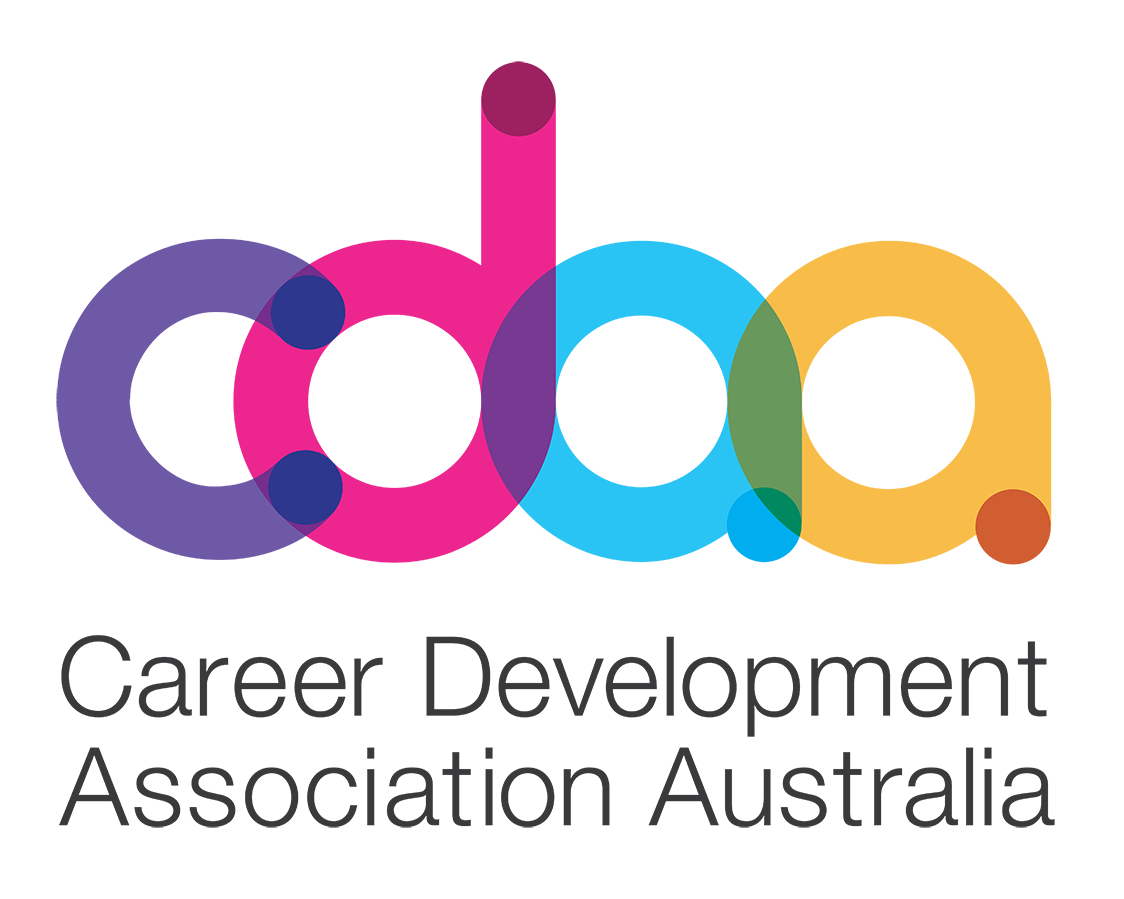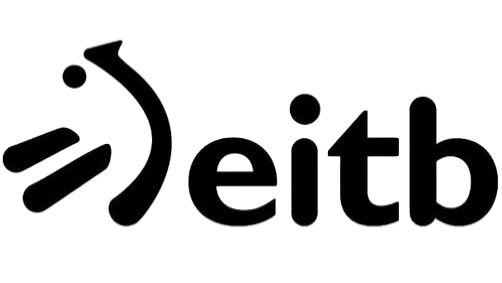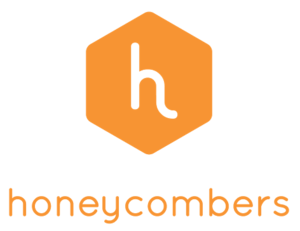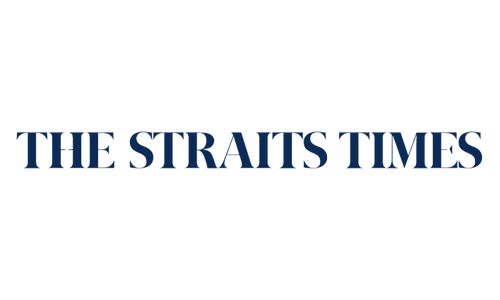Hard Skills vs Soft Skills: Which Matter More for Career Change?

Picture this: you’ve spent years mastering your field with late nights, clear results, maybe a certification or two under your belt. Now you’re eyeing something new. Maybe it’s a whole new industry, or a role that finally feels more like you.
But the job you want might reward different skills: new software, fresh regulations, or a communication style that feels surprisingly unfamiliar.
That’s where understanding hard skills vs soft skills becomes more than jargon. You might have heard this pairing before, but when you're navigating a career change, it’s not just semantics.
Hard skills are your technical know-how: certifications, tools, languages. Soft skills are the human strengths, such as communication, adaptability, empathy, and leadership.
This article helps you see which skills matter more at each step of a career switch, and how to make them work in harmony, so you land not just any job, but the right job.
Understanding Hard Skills
Definition & Examples
Hard skills are your tangible qualifications. They’re the software you speak, the certifications you hold, the languages you code in or speak fluently.
Why recruiters often filter by hard skills
When hiring managers or applicant-tracking systems (ATS) first scan your resume, they’re looking for matchable keywords: JavaScript, CPA, project management. These are simple things to check or test.
According to SkillsFuture Singapore, sectors like data analytics, digital marketing, and cybersecurity are high-demand industries actively seeking credentialed workers. Hard skills often open the door in those fields.
The Australian Government's Job Outlook data also confirms roles in healthcare, tech, and construction match based on specific technical competencies.
Understanding Soft Skills
Definition & Examples
Soft skills are less tangible, yet deeply powerful. Think: communication, adaptability, empathy, leadership, and problem-solving.
Why they matter for long-term success
Skills like resilience and collaboration don’t just smooth your first 90 days but help you thrive over years. In today's workplaces, employers increasingly value emotional intelligence.
A 2024 report from the Australian Department of Employment and Workplace Relations showed that employers overwhelmingly identified communication, teamwork, and adaptability as top soft skill needs across industries. Similarly, Singapore’s national employment surveys regularly cite soft skills as critical for sustainable career growth.
Hard Skills vs Soft Skills: The Career Change Context
Challenges for mid-career professionals switching industries
Mid-career shifts often bring intimidation. Your past achievements might feel irrelevant or outdated, and you may worry that recruiters won’t know how to read your experience. You might find yourself balancing doubt around technical readiness with the hope that your human skills are "good enough."
Which skill matters when?
- Early on (job search, ATS, resume screening): hard skills often matter more. They're quick, unambiguous filters.
- Later stages (interviews, culture fit, team dynamics): soft skills shine. Your attitude, adaptability, and storytelling clinch offers.
This isn’t binary. You need both. Hard skills to speak the language of your new field; soft skills to make people want to listen.
The Interplay Between Hard and Soft Skills
Hard skills may open the door, but soft skills keep it open.
Real-world example
Imagine you transition from operations into digital marketing. You take a short analytics course (hard skill). But your ability to tell a compelling story with numbers, pivot when data doesn’t go your way, or persuade a skeptical stakeholder. That’s soft skill magic. One mid-career client of ours shifted from logistics to marketing. Her Excel skills helped her get an interview. Her adaptability and communication got her the role (and a happy team).
Skill Transferability
Successful pivots or promotions often rely heavily on transferable soft skills, and it’s typically a major part of the evaluation process.
That mindset of logistics – forecasting, planning, stakeholder management – can translate beautifully into project management or campaign coordination. Framing your transferable soft skills can make your past feel relevant, not out-of-place.
Employers know that technical expertise can be taught, but adaptability, problem-solving, and leadership instincts are much harder to instil. That’s why when someone makes a bold move into a new industry or role, hiring managers are often less concerned with whether they’ve done the exact job before, and more focused on whether they can think and behave in ways that will translate.
Take logistics as an example. The mindset of forecasting, planning, and stakeholder management can translate beautifully into project management, campaign coordination, or operations in a completely different sector. The ability to anticipate problems before they occur, juggle multiple stakeholders, and communicate under pressure are timeless skills that carry value across industries.
The same is true for other career pivots:
- Teachers moving into corporate learning roles bring with them skills in public speaking, curriculum design, and empathy.
- Engineers stepping into product management often leverage their problem-solving mindset, analytical thinking, and stakeholder communication.
- Hospitality professionals moving into customer success roles rely on their people skills, crisis management, and service orientation.
Framing your transferable soft skills effectively can turn what feels like a mismatch on paper into a compelling case for your readiness. Instead of downplaying your past, the key is to highlight how the way you worked before is precisely what makes you valuable now.

Using Hard and Soft Skills to Land Your Next Role
How HR evaluates both skill sets
- Resumes/cover letters: HR looks for the right hard skills to pass screening bots, then reads for stories, fit, and mindset.
- Interviews: Technical questions test credibility; behavioural questions test authenticity and resilience.
Tips to present both effectively
- Hard skills: Be measurable – “Proficient in Python, Scikit-Learn; built three predictive models with 85% accuracy.” Use keywords from the job description.
- Soft skills: Weave into narratives – “When my SQL script crashed, I rallied the team, re-prioritised deliverables, and turned the project in 24 hours.” Include peer feedback or recommendations that highlight emotional intelligence or leadership.
In interviews, balance hard proficiency (“I know the tools”) with soft proof (“And here’s how I use them to help people and solve problems”).
And gently: The Happy Monday Co.’s Job Landing support can help you craft applications that balance both technical substance and personal resonance.
Building Both for Career Change Success
Self-audit
Start with reflection: list your current hard and soft skills. Ask peers or past managers where you shine and where to grow.
Developing hard skills
- Online courses (e.g., Coursera, SkillsFuture)
- Certifications in your target field
- Micro-projects or volunteering (e.g., build a website, analyse a dataset)
Developing soft skills
- Mentorship or career coaching to sharpen communication and leadership
- Volunteering or cross-functional projects to practice adaptability and collaboration
- Coaching or peer feedback sessions to develop emotional intelligence
One Singapore survey noted that 555,000 people participated in upskilling programmes by SkillsFuture Singapore (SSG) in 2024, showing how proactive learners are building balanced portfolios of skills.
How Performance Coaching Helps Navigate Skill Evolution
Here’s where The Happy Monday Co.’s Performance Coaching plays a quiet but powerful role, with zero hard sell. Think of performance coaching as a strategic partner: someone helping you build both hard and soft skills deliberately.
Through regular sessions, you can:
- Identify your unique blend of technical and human strengths
- Explore how and where to deepen them for your career pivot
- Stay honest, grounded, and emotionally resilient during the process
It’s tailored. The outcome isn’t just a career change, but a career change with confidence, clarity, and real impact.
Conclusion
In the end, hard skills vs soft skills isn’t a competition but a fine balance.
Hard skills get your foot in the door. Soft skills help you settle in, lead, and belong. If you're thinking of making a change, become clear about both, invest in them steadily, and use each one to amplify the other.
At The Happy Mondays Co., we’re here not just to help you land your next role through Performance Coaching, but to build a path forward where every skill you grow reflects both who you are and who you can become.
Consider us your trusted guide for skill evolution, and your next career chapter.




![Career Clarity: Why You Feel Stuck and How to Get Unstuck [2025 UPDATED]](https://thehappymondays.co/wp-content/uploads/2024/12/4.jpeg)

